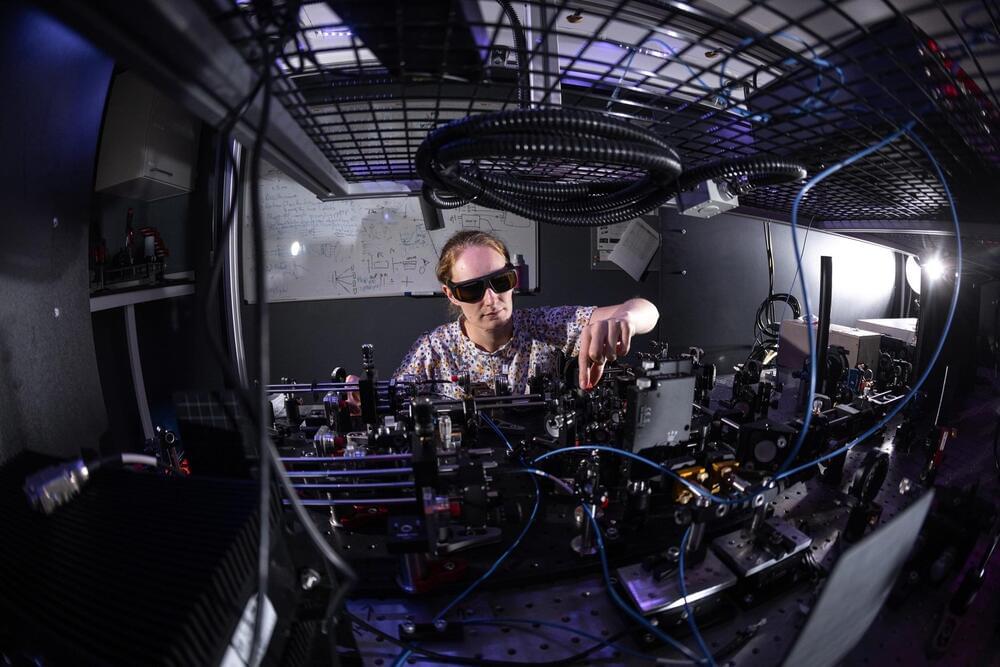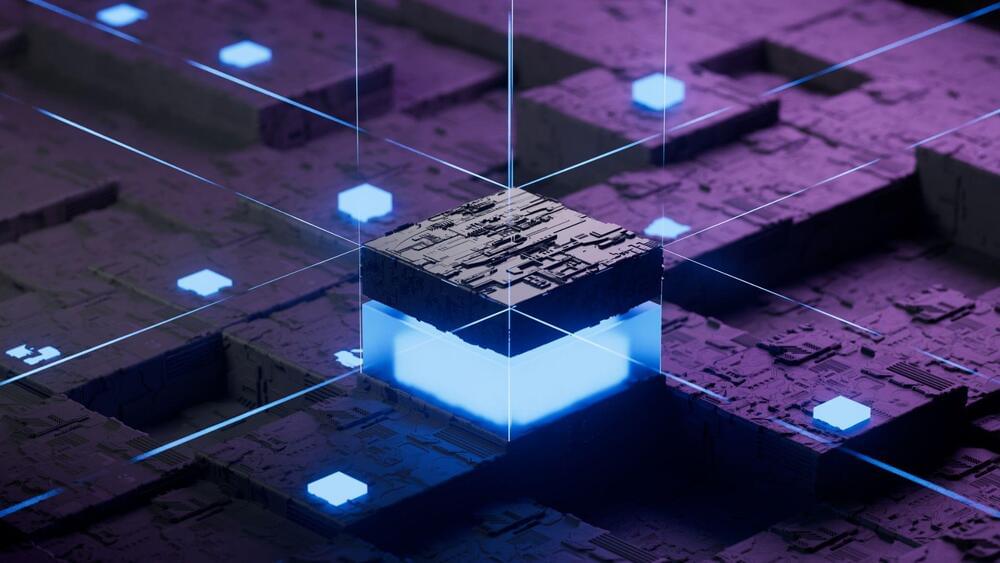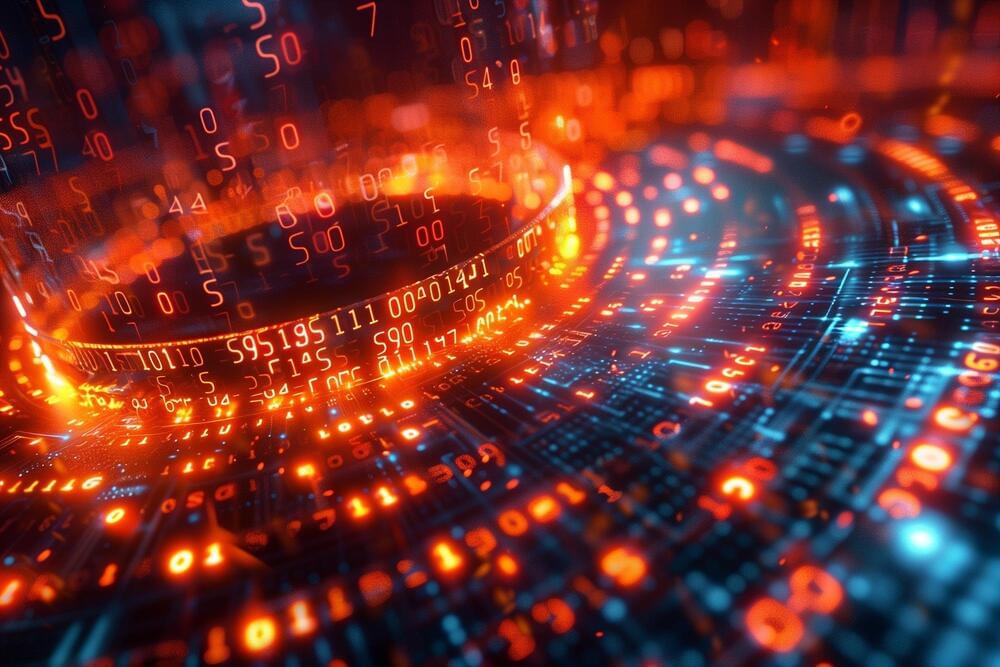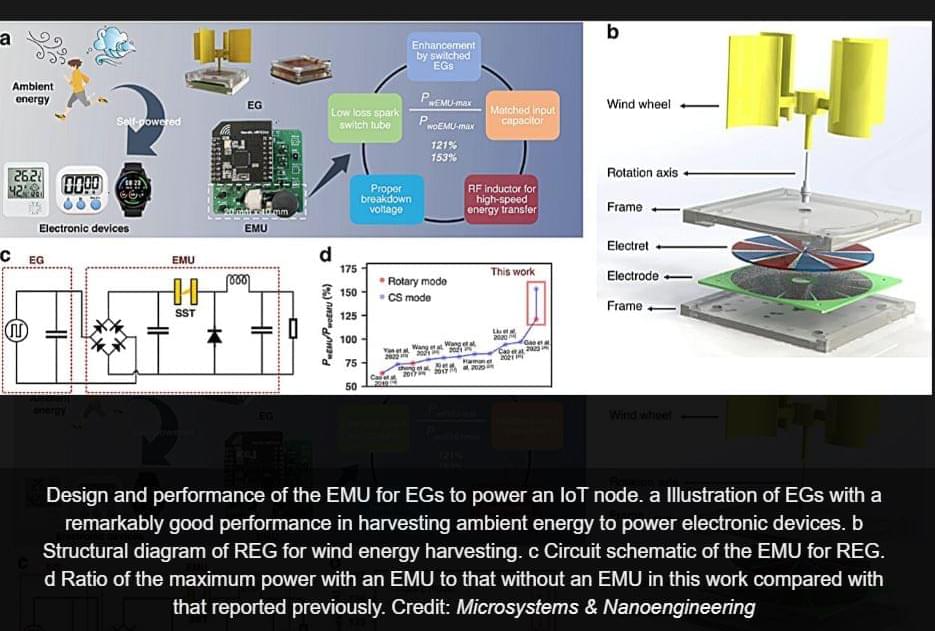How can we guarantee that data sent over the internet is only accessible to its intended recipient? Currently, our data is secured using encryption methods based on the premise that factoring large numbers is a complex task. However, as quantum computing advances, these encryption techniques may become vulnerable and potentially ineffective in the future.
Encryption by means of physical laws
Tobias Vogl, a professor of Quantum Communication Systems Engineering, is working on an encryption process that relies on principles of physics. “Security will be based on the information being encoded into individual light particles and then transmitted. The laws of physics do not permit this information to be extracted or copied. When the information is intercepted, the light particles change their characteristics. Because we can measure these state changes, any attempt to intercept the transmitted data will be recognized immediately, regardless of future advances in technology,” says Tobias Vogl.








